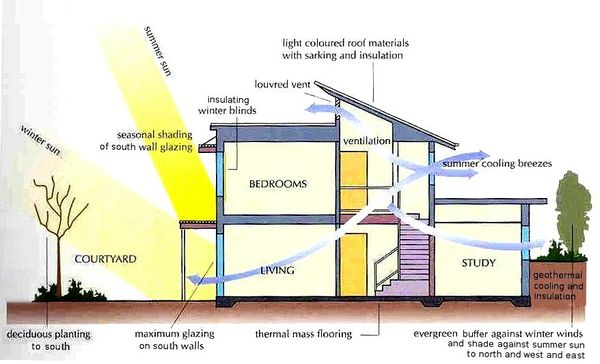Digital platforms and the online services that they provide have become an indispensable and ubiquitous part of modern lifestyles, mediating our jobs, hobbies, patterns of consumption and forms of communication. However, no one is steering this development, or closely looking at the impacts that it may have on remote communities in the Arctic and Nordic region, a hotspot for datacenter development.
Sweden
Both policymakers and the technology industry need to do more to combat the ever-growing demand for data and its associated energy impacts. In this study, based on novel corporate data, expert interviews, focus groups with members of the public, extensive site visits across Greenland, Iceland and Norway and a literature review, we look at the energy and climate impacts of existing and proposed datacenters, both quantitatively and in terms of stakeholder and public perceptions.
The latest IPCC report on Ocean and Cryosphere in a Changing Climate, which builds upon previous IPCC’s reports, established a causal link between anthropogenic impacts and ocean acidification, by noting a significant decrease in the Ocean’s uptake of CO2, with consequent damage to Earth’s ecosystems, which in turn has traceable repercussions on the Arctic Ocean and then from the Arctic to the Planet Earth.
In July 2020, the European External Action Service of the European Commission launched a public consultation on the way forward for the European Union’s Arctic policy. The consultation was held to re-examine the role of the EU in Arctic affairs, to revise the priorities of the current Joint Communication on an integrated European Union policy for the Arctic and the actions thereunder, and to identify possible new policy areas to be developed.
The transport sector accounts for almost 1/4 of the EU’s total GHG emissions, and decarbonisation of the sector is therefore crucial. The use of electric powered transport is emerging as the most viable near-term solution to reduce CO2 emissions road transport. The falling costs of batteries means that Battery Electric Vehicles (BEVs) for personal use are becoming more cost competitive, so large potential for Electric Road Systems (ERS) but with substantial uncertainties in costs.
In this article, heat energy transition pathways in the UK, Germany and Sweden have been compared by evaluating empirical to ideal scenarios. Heat energy transition is the core of the energy transition, as heating is currently the most energy-intensive activity in Europe.
- 1
- 2


